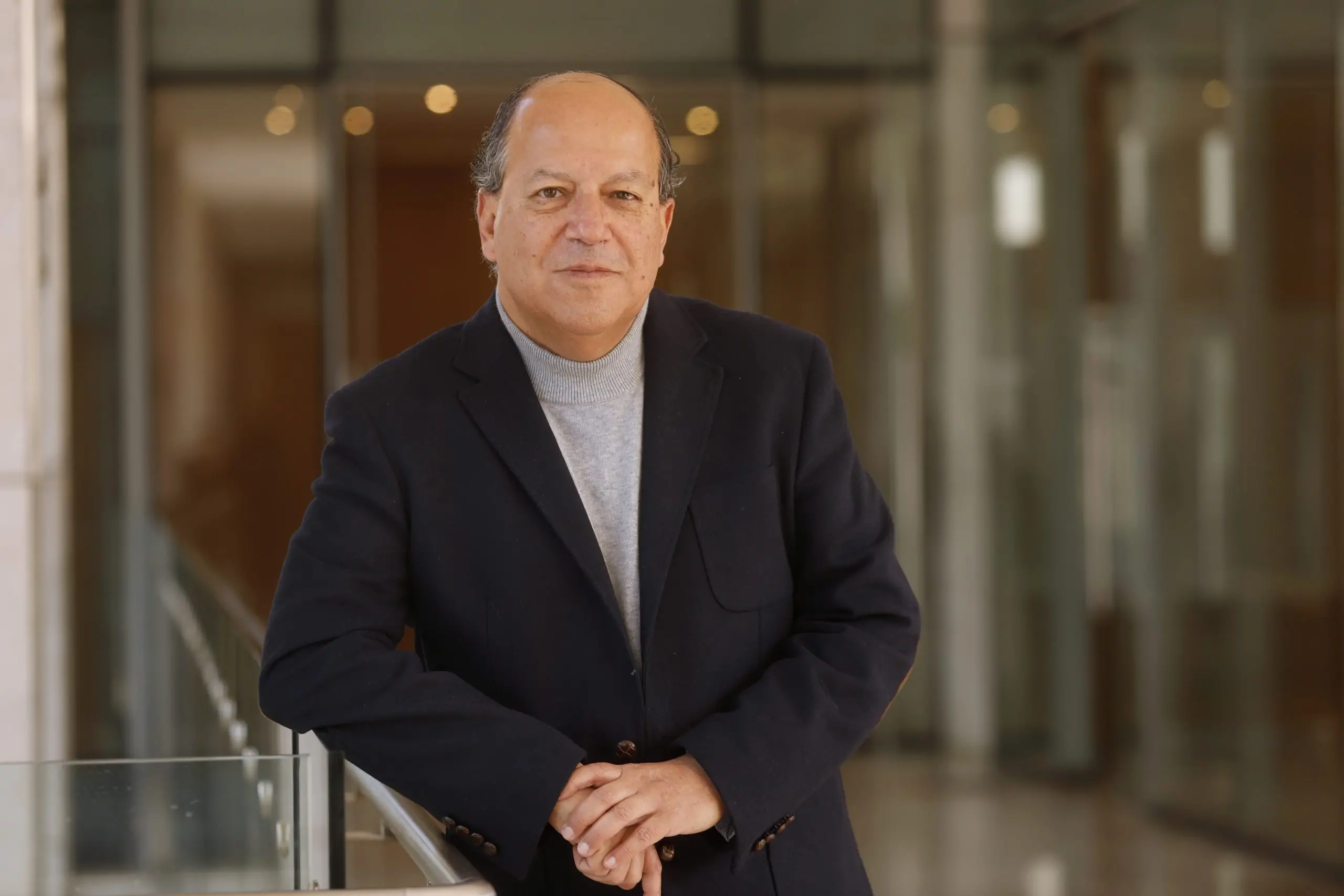The study focuses on electroencephalogram (EEG) technology to capture, process, and interpret neural signals to better understand mood states and cognitive processes.
With the aim of supporting older adults to remain cognitively active and, as far as possible, productive in the workplace, Sergio Quijada, an academic from the School of Engineering and Applied Sciences, is leading a pioneering research project focused on the analysis and evaluation of electronic systems for neurodata acquisition and processing. This study focuses on electroencephalogram (EEG) technology to capture, process, and interpret neural signals, with the goal of better understanding mood states and cognitive processes.
This neurodata approach is achieved by working in partnership with the Center on Aging, CEUANDES. This is a data-driven, in-depth reflection on how to address the multiple challenges of technology, big data, and innovation.
Quijada's research promises to revolutionize the understanding of the human brain by providing a clearer picture of the brain's electrical activity and its relationship to cognitive and emotional aspects.
Among the outstanding benefits of this work is the development of technological innovations that optimize the capture and analysis of EEG signals. These improvements facilitate industrial and educational processes, in addition to advancing human-machine interaction, which can result in more efficient and adaptive devices.
This work is carried out jointly by the Center on Aging, CEUANDEStogether with the School of Engineering and Applied Sciencesgenerating a deep and data-driven reflection on how to address the multiple challenges considering technology, big data and innovation.
"The integration of EEG with serious games (formative games designed for a primary purpose other than pure entertainment) offers an innovative platform to stimulate and monitor the brain activity of older adults, facilitating their participation in both cognitive activities and in the work environment. This initiative not only improves the quality of life of older adults, but also contributes to their inclusion in society," explained Sergio Quijada.
This project reflects an interdisciplinary approach, involving professionals from neuroscience, psychology, medicine, biomedical engineering, and computer science. The collaboration of these experts is crucial to improve methods for capturing and analyzing EEG signals and their application in various practical areas.

